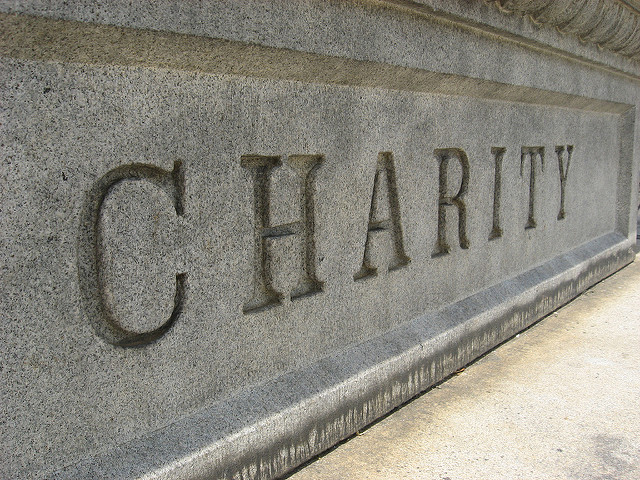Most wealthy individuals believe charitable giving (45 percent) and volunteering (31 percent) have the greatest potential for positive impact on society –far more so than voting for (13 percent) or contributing to (1 percent) a political candidate who shares their ideals on topics important to them – according to the 2016 U.S. Trust® Study of High Net Worth Philanthropy. Through an ongoing partnership with the Indiana University Lilly Family School of Philanthropy, the sixth in this series of biennial studies reveals a strong commitment to charitable causes among high net worth (HNW) households, and giving and volunteering levels poised to increase in future years:
- Last year, the vast majority (91 percent) of HNW households donated to charity. This high rate of giving among the wealthy compares with 59 percent of the U.S. general population who donate to charity.
- Fifty percent of wealthy individuals volunteered their time and talents last year to charitable organizations they care about – twice the rate of the general population (25 percent).
- The study offers an optimistic view of future giving levels, with 83 percent of wealthy individuals planning to give as much (55 percent) or more (28 percent) in the next three years (through 2018) than they have in the past. Women, African Americans, and younger individuals (age 50 and under) are even more likely to increase their giving in the next three years.
- Future levels of volunteerism are also promising. Among wealthy individuals who currently volunteer, 90 percent say they plan to do so as much (60 percent) or more (30 percent) over the next three years. Even among those who did not volunteer last year, 39 percent plan to do so during the coming years.
“Wealthy donors continue to be incredibly generous with their time and money in support of social change in their communities and in the world,” said Claire Costello, national philanthropic practice executive for U.S. Trust. “And while their charitable activity is driven to a large extent by their personal values and convictions, donors are also listening closely to the needs of nonprofits as they make their giving and volunteering decisions.”
A variety of motivations drive HNW philanthropy. In 2015, wealthy households cited the following among the primary reasons they give: believing in the mission of the organization (54 percent); believing that their gift can make a difference (44 percent); experiencing personal satisfaction, enjoyment or fulfillment (39 percent); supporting the same causes annually (36 percent); giving back to the community (27 percent); and adhering to religious beliefs (23 percent). Just 18 percent of wealthy donors said they gave largely because of tax benefits in 2015.
Electing to give, and giving to elect
Twenty-four percent of wealthy individuals contributed to a political candidate, campaign or committee last year or plan to do so during the 2016 election season. Among this group, donors over the age of 70 (40 percent) and LGBT individuals (38 percent) were more likely to make such political contributions.
Among those who contributed to a political candidate or campaign, wealthy individuals reported doing so because they:
- View it as an opportunity to exercise their voice (56 percent).
- Hope to influence the outcome of elections (49 percent).
- Believe their contribution can make a difference (46 percent).
The main reasons why 76 percent of wealthy individuals have not and do not plan to make political contributions during this election season include:
- Feeling such contributions would have little to no impact when compared to corporate contributions (47 percent) and contributions from political action committees (PACs) (26 percent).
- Believing such contributions won’t make a difference (31 percent).
- Not having a particular candidate they would endorse (26 percent).
Results of this study are based on a survey of 1,435 U.S. households with a net worth of $1 million or more (excluding the value of their primary home) and/or an annual household income of $200,000 or more. To view a detailed summary of key findings and to access the full report, visit www.ustrust.com/philanthropy.
